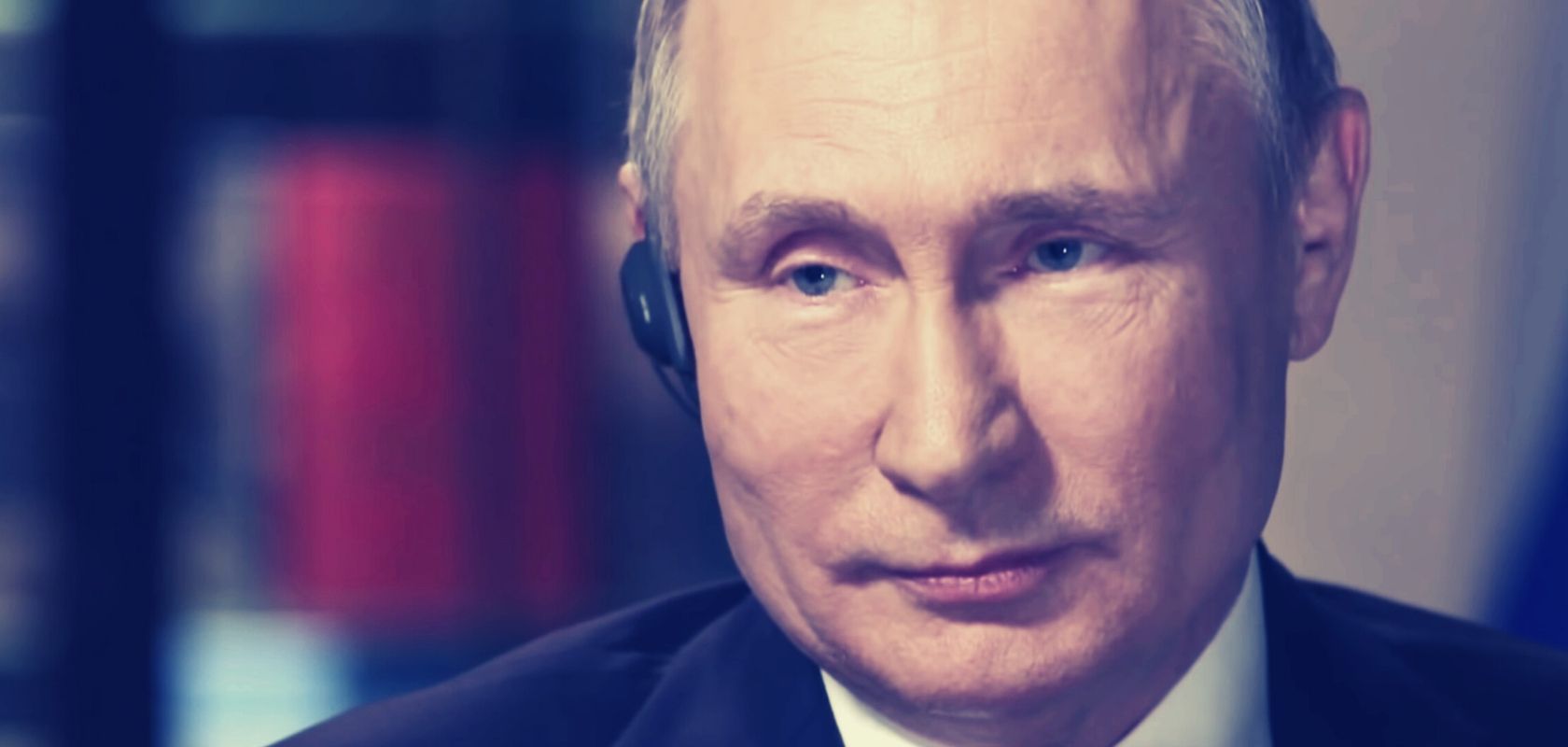Russian President Vladimir Putin doesn’t believe Wikipedia is a reliable source of information – and he’s surely not alone in thinking that. But his solution is a little different from what most people would come up with: replace Wikipedia with something more reliable, and Russian.
In a meeting at the Russian Language Council, Putin suggested that a digitized version of the Great Russian Encyclopedia could be just the thing, RIA reports.
By that time, the Russian language version of Wikipedia will be over 20 years old – at present, the collaborative digital encyclopedia has over 1.5 million articles written in Russian.
Russian authorities in the past imposed temporary bans on access to Wikipedia over content deemed as controversial or illegal – and the latest remarks by Putin come in the context of Russia’s policy of reducing the country’s reliance on Western technology, as well as on sources of online information.
On November 1, the sovereign internet law came into force, which the Kremlin says is designed to allow Russia’s segment of the internet – Runet – to continue to function uninterrupted in case the country is cut off from the outside.
However, critics claim the opposite – that the law and a series of technical solutions to implement it are meant to allow Russia to isolate itself from the rest of the internet.
Some of these technical solutions – for example, ISPs installing deep packet inspection (DPI) equipment – raises suspicion that the new system could also be used for censorship and content blocking. In addition, internet data and traffic will be routed through servers inside the country where it is easy to control.
And while the authorities say this will allow for more autonomy and security of the internet in Russia, western critics and the opposition at home see only a desire to impose stricter control over the internet behind the whole undertaking.
Some observers are also comparing the effort to China’s Great Firewall – although this seems to relate more to intent, than the actual way in which control is established.
In any case, the sovereign internet bill is not expected to be implemented in practice before 2021.








